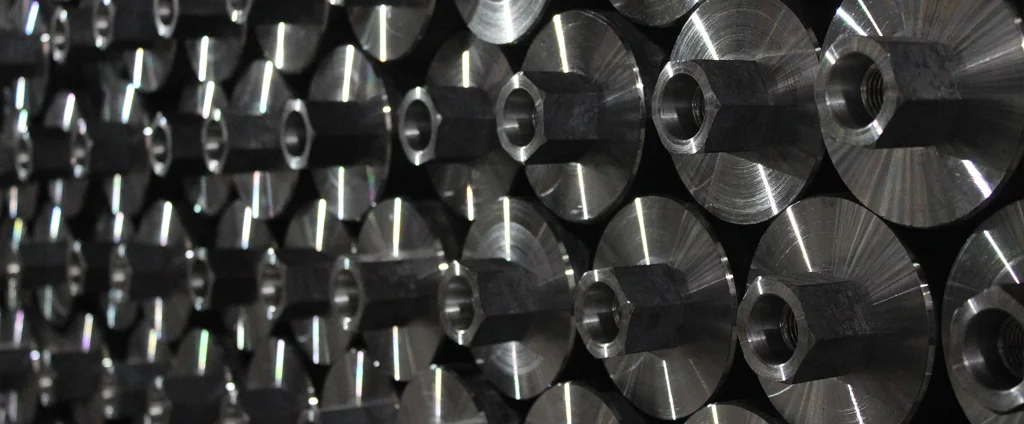SAE/AISI 9255 Alloy Steel (UNS G92550)

SAE/AISI 9255 is a medium-carbon, silicon-manganese alloy steel valued for its excellent toughness, high strength, and shock resistance. Commonly used in demanding mechanical and structural applications, it is especially well-suited for springs, automotive components, and heavy-duty machinery.
| Chemical Composition | ||
|---|---|---|
| Element | Min | Max |
| Iron | 96.18% | 96.99% |
| Carbon | 0.51% | 0.59% |
| Manganese | 0.70% | 0.95% |
| Phosphorous | —— | 0.035% |
| Silicon | 1.80% | 2.20% |
| Sulfur | —— | 0.04% |
The following table provides a list of SAE/AISI 9255 properties in both SI and US customary/Imperial units.
Click on the button to switch between Metric and Imperial units.
| Physical Properties | Metric |
|---|---|
| Density | 7700 - 8030 kg/m3 |
| Mechanical Properties | Metric |
| Tensile Strength (Ultimate) | 774 MPa |
| Tensile Strength (Yield) | 486 MPa |
| Young’s Modulus (E) | 190 - 210 GPa |
| Bulk Modulus (K) | 140 GPa |
| Shear Modulus (G) | 80 GPa |
| Reduction of Area | 41% |
| Poisson’s Ratio (ν) | 0.27 - 0.30 |
| Thermal Properties | Metric |
| Specific Heat Capacity (Cp) | 470 J/kg·K |
| Electrical Properties | Metric |
| Electrical Conductivity | 4.29×106 S/m |
| Electrical Resistivity | 2.33×10-7 Ω·m |
The values in this table are approximate and can vary depending on various factors such as the specific manufacturing process and heat treatment applied to the alloy.
Advantages & Disadvantages of 9255 Alloy Steel
| Advantages | Disadvantages |
|---|---|
| High strength and toughness | Limited corrosion resistance |
| Excellent fatigue resistance | Relatively low hardenability |
| Good wear resistance | Susceptible to cracking during quenching |
| Good impact resistance | Requires proper heat treatment |
| Suitable for high-performance springs | Limited availability in some regions |
| Relatively low cost |
Applications of 9255 Alloy Steel
SAE/AISI 9255 is used in engineering applications that require durability, high strength, and resistance to repeated stress, including:
- Springs: Widely used in the production of high-performance springs, including automotive suspension springs, valve springs, clutch springs, and springs for mechanical devices.
- Automotive Components: Utilized in stabilizer bars, torsion bars, and suspension components requiring high strength and deformation resistance under heavy loads.
- Tools and Tooling Components: Employed in manufacturing punches, dies, and other tooling parts that demand high strength, wear resistance, and durability.
- Industrial Machinery: Used in gears, shafts, and other high-stress components requiring excellent fatigue resistance and structural integrity.
- Fasteners: Suitable for bolts, screws, and studs where high strength and reliability are critical in performance applications.
